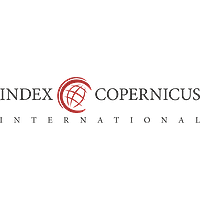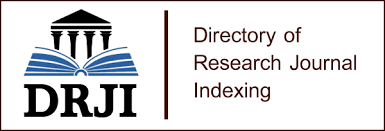THE MYTH OF AN ARBITRATOR’S DUTY TO RENDER AN ENFORCEABLE AWARD: THEORETICAL FOUNDATION AND THE EXTENT
DOI:
https://doi.org/10.55327/jaash.v11i2.375Abstract
Impressively, the stakeholders in modern times are resorting to international arbitration to resolve commercial disputes as it is often perceived as cheaper; more confidential; and less time-consuming than court proceedings, and the award is easier to enforce than a court decision. Hence, it would go into the vein if the arbitral awards- the result of such arbitral proceedings- render it unenforceable. As such, there is a robust proposition that it is incumbent on the Arbitrators to render an award enforceable. Thus, following a qualitative approach to legal research, this paper aims to explore the existence of such duty conferred upon the Arbitrator — especially in the case of international commercial arbitration, either by way of contract or vested automatically or legally. Moreover, it looks at the ancillary factors that should an arbitrator take into consideration while making a decision. This article has been designed in parts for a clear segregation of topics that have been covered. Following a glimpse of the integral issues in the introduction section in Part I, Part II roots the foundation of the myth of an arbitrator’s duty to render an enforceable award. Part III elucidates the nature of such duty, while Part IV explores the sources that confer such a duty upon the arbitrators. Furthermore, Part V portrays light on the factors ancillary to rendering an enforceable award and Part VI explains the Arbitrator’s duty to comply with an enforceable order followed by the concluding remarks as envisaged in the last part of the paper.
Downloads
Published
How to Cite
Issue
Section
License
Copyright (c) 2025 Md. Omar Farque

This work is licensed under a Creative Commons Attribution 4.0 International License.
Copyrights for articles published in Journal of Asian and African Social Science and Humanities are retained by the authors, with first publication rights granted to the journal. The journal/publisher is not responsible for subsequent uses of the work. It is the author's responsibility to bring an infringement action if so desired by the author.
Articles published in Journal of Asian and African Social Science and Humanities are published under the Creative Commons Attribution (CC-BY) license, which permits others to distribute, remix, tweak, and build upon your work as long as they credit you for the original creation.
Â















